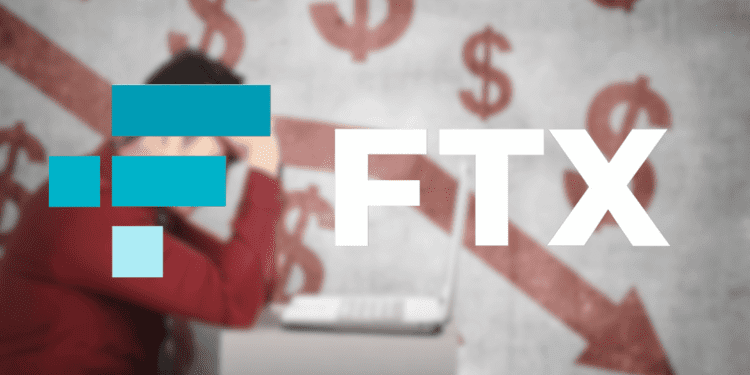• FTX lawyers and advisors charged over $500 million in the bankruptcy process so far
• If some fees and expenses hadn’t been cut back, the charges would have exceeded $700 million
• The Official Committee of Unsecured Creditors has also racked up $81 million in fees and expenses
The spectacular collapse of FTX, once one of the largest crypto exchanges in the world, sent shockwaves through the digital asset industry in 2022. Within a matter of days, FTX went from a $32 billion valuation to bankruptcy. The downfall was triggered by a liquidity crisis and allegations of mismanagement of customer funds.
Behind the Scenes: FTX’s Shady Operations
Long before its collapse, there were red flags about FTX’s business practices. The company engaged in questionable activities like using customer funds to prop up its sister trading firm Alameda Research. FTX also made high-risk loans to Alameda without sufficient collateral. This led to major conflicts of interest.
The Liquidity Crisis
In early November 2022, concerns emerged about Alameda’s balance sheet and liquidity. This sparked a run on FTX as customers rushed to withdraw funds. FTX experienced an estimated $6 billion in withdrawals in just 72 hours. The exchange did not have sufficient reserves to meet the demand.
FTX Files for Bankruptcy
With FTX on the brink of failure, rival exchange Binance briefly agreed to buy it but pulled out after reviewing FTX’s books. Left with no options, FTX and Alameda Research filed for Chapter 11 bankruptcy on November 11. The collapse wiped out billions in customer funds.
The Aftermath
FTX’s bankruptcy has led to ongoing investigations and lawsuits. Its founder Sam Bankman-Fried was criminally charged with fraud in December 2022. He faces up to 115 years in prison if convicted. The saga continues to unfold with more revelations about FTX’s internal practices.
Conclusion
The FTX saga is an important cautionary tale about the risks of centralized crypto exchanges. It highlights the need for transparency and responsible management of customer deposits. The effects of FTX’s failure are still rippling through crypto markets months later.














